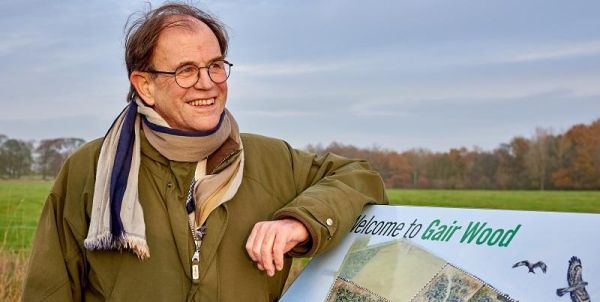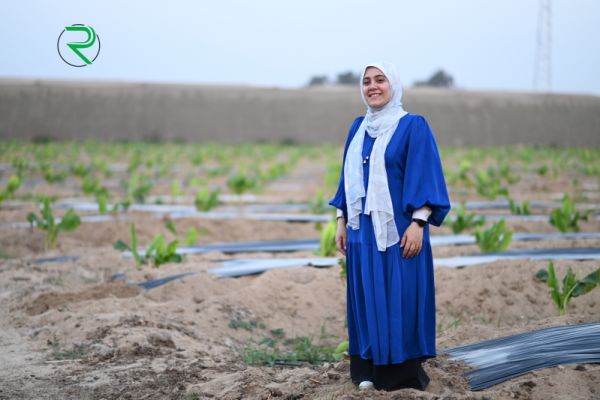
New woodland honours former University Secretary
Planting for a new woodland has begun on land owned by the University of Leeds on the northern edge of the city.

Planting for a new woodland has begun on land owned by the University of Leeds on the northern edge of the city.

Scientists lucky enough to be in the “right place at the right time” witnessed a giant lump of ice breaking away from the William Glacier in Antarctica, a process known as calving.

Leading researchers, including University of Leeds academics, want to see a decade of “global action” to restore the world’s lost and depleted forests.

Policy analysts and planners will be able to “communicate smarter” about climate change action by using a new online decision-support tool which has been launched at COP27.

A campaign promoting the role of better building ventilation to support health and wellbeing has been launched by a coalition of scientists and engineering bodies.

The world’s largest tropical peatland turned from being a major store of carbon to a source of carbon dioxide emissions as a result of climate change thousands of years ago, new research has revealed.

When growing up in Cairo, plastic pollutants had a devastating impact upon Aya Al-Sharqawy and her family. It was the motivation she needed to tackle the crisis head on after Leeds.

Regional leaders and organisations must work ever more closely to achieve net zero in Yorkshire and the Humber.

Working together is the only way communities, businesses and organisations in Yorkshire and Humber can make a successful transition to a low carbon future, says a leading climate scientist.

A calculator which could reduce the level of carbon emissions generated by food production and consumption has been developed by data scientists at the University of Leeds.